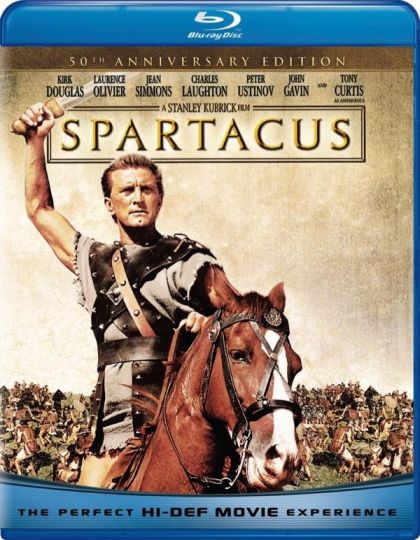The slave Spartacus leads a violent revolt against the decadent Roman empire.
In 73 BCE, a Thracian slave leads a revolt at a gladiatorial school run by Lentulus Batiatus. The uprising soon spreads across the Italian Peninsula involving thousand of slaves. The plan is to acquire sufficient funds to acquire ships from Silesian pirates who could then transport them to other lands from Brandisium in the south. The Roman Senator Gracchus schemes to have Marcus Publius Glabrus, Commander of the garrison of Rome, lead an army against the slaves who are living on Vesuvius. When Glabrus is defeated his mentor, Senator and General Marcus Licinius Crassus is greatly embarrassed and leads his own army against the slaves. Spartacus and the thousands of freed slaves successfully make their way to Brandisium only to find that the Silesians have abandoned them. They then turn north and must face the might of Rome.
- Written by garykmcd
The rebellious Thracian Spartacus, born and raised a slave, is sold to Gladiator trainer Batiatus. After weeks of being trained to kill for the arena, Spartacus turns on his owners and leads the other slaves in rebellion. As the rebels move from town to town, their numbers swell as escaped slaves join their ranks. Under the leadership of Spartacus, they make their way to southern Italy, where they will cross the sea and return to their homes. Meanwhile, in Rome, the slave revolt has become a deciding factor in the power struggle between two senators: the republican Gracchus and the militarist Crassus, each of whom sees the fortunes of the rebellion as the key to his own rise to power or humiliating defeat. As the two statesmen attempt to aid, hinder and manipulate the rebels for their own benefit, Spartacus and his followers press on toward freedom.
- Written by Jean-Marc Rocher
Spartacus, a Thracian slave, refuses to allow himself to become the animal the Roman civilization would have him be. His love for Varinia, a slave girl, coupled with his revulsion at the crushing treatment and callous murders of his fellow slaves, ignite in his breast a passion for freedom. They escape and are joined by more runaways, and swell to become a vast army. Contrasted with their impassioned plans for open rebellion are the cool, calculating minds of their Roman adversaries Crassus, Grachus and Batiatus. To Rome, a poorly equipped army of slaves are no more threatening than the invasion of insects which attack the city during the hot, humid seasons. The slaves' cries for freedom and their challenge will be but a more diversion from the musty affairs of state. And so, in a chilling engagement, the superior military might of Rome proceeds to crush the army of Spartacus.
- Written by filmfactsman
SYNOPSIS
Rome, 73 B.C. Spartacus (Kirk Douglas), a Thracian slave, is brought from Libya by Lentulus Batiatus (Peter Ustinov), a Roman trader. He is assigned to the Capuan School of Gladiators. There he meets Varinia (Jean Simmons), a beautiful slave from Britain, and they fall in love. When Spartacus training is almost complete, a Roman general, Marcus Crassus (Laurence Olivier), pays a visit to the school with his protege, Glabrus (John Dall). He demands that two gladiators fight to the death and Spartacus is chosen to confront the Ethiopian warrior Draba (Woody Strode). Draba is victorious, but refuses to finish Spartacus off. Draba turns on Crassua who kills him.
Shortly after, Spartacus escapes with his companions and becomes leader of an army of slaves. He fights and wins his first battle against a Roman army led by Glabrus and trains his men in the mountains of Italy, where Varinia and Antoninus (Tony Curtis), Crassus servant, later join them.
After two years of raiding and beating smaller Roman armies, Spartacus decides to leave Italy and hires a pirate, Tigranes (Herbert Lom), to supply him with ships. Meanwhile in Rome, with unrest and discord is growing due to the slave rebellion and pressure on the armies to do something, Crassus is waiting for an occasion to seize power. Gracchus (Charles Laughton), the leader of the Plebeians, and his ally, Julius Caesar (John Gavin), oppose him.
Arriving with his army on the coast, Spartacus discovers that the pirates, bribed by Rome, will not give him any ships. Unable to withdraw, Spartacus and his army discover that they are surrounded by three Roman armies led by Crassus. In the final battle, the slaves, after a fierce struggle, are routed, and slaughtered by the thousands. The few thousand survivors, who include Antoninus and Spartacus, are taken to Rome to be crucified.
Crassus then finds Varinia with her newborn baby on the battlefield and befriends her. He fails in an attempt to seduce her and, out of malice, orders that Spartacus and Antoninus are to engage in a fight to the death and the survivor will be crucified.
After a long and brutal sword fight, Antoninus is defeated, and Spartacus suffers a slow death on the cross with his slave companions beside him. But before Spartacus dies, Varinia, freed through the influence of Gracchus, shows him their son, a free Roman citizen.




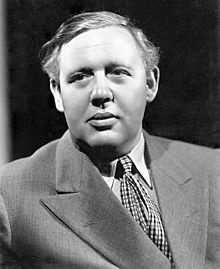
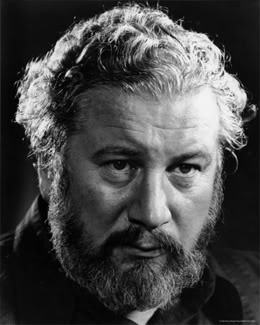



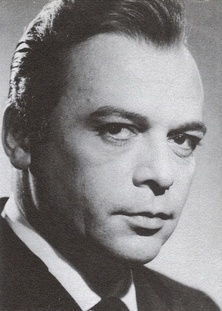




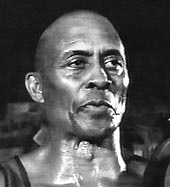
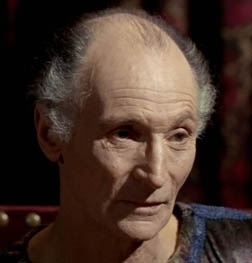
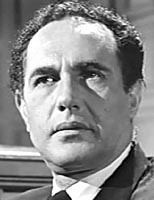
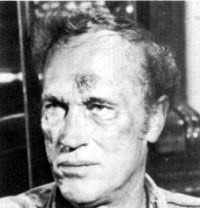
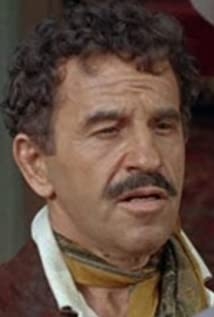
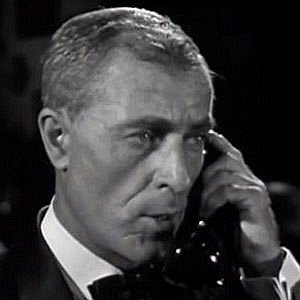
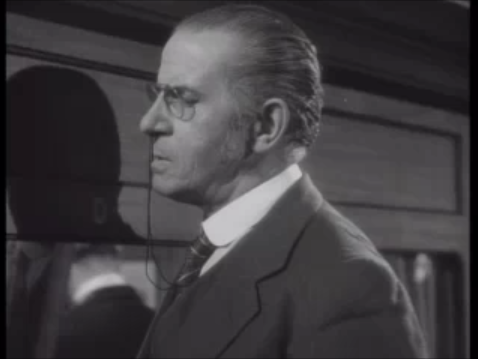


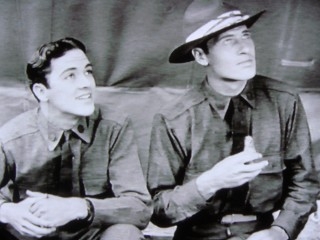





 English
English  Nederlands
Nederlands  Deutsch
Deutsch  Français
Français  Español
Español  Magyar
Magyar  српски
српски  Dansk
Dansk  Italiano
Italiano  Svenska
Svenska  Slovenčina
Slovenčina  Português
Português 
